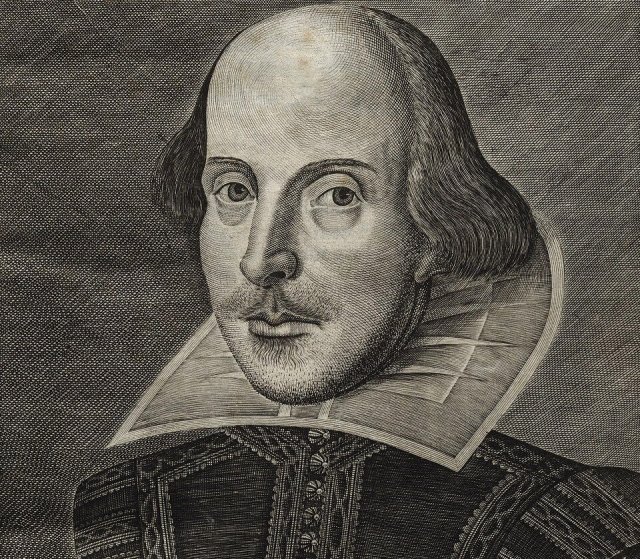Anke Engelsmann and Jürgen Holtz in “Shakespeare’s sonnets”: playful, danced, dreamy
Photo: DPA/Brakemeier Team
And now also Robert Wilson. A good two weeks after Claus Peymann, another director of the war generation is ceded by the world stage. Born in Waco in Texan in 1941, Wilson has initially mixed up the performing art in the USA and soon all over the world since the 1960s.
His productions were like silent films. And like radio plays. Both at the same time. So he described his work. Brecht invented the term “separation of the elements”. Music and game and text and stage design take up your own roles on the scene, may refer to each other, but are recognizable as independent actors. Wilson himself chose the light to become his own actor.
Genosse Shakespeare

As you like it: Every two weeks, Erik Zielke writes about great tragedies, political lubricating theater and the fools from the past and present. He finds inspiration from his comrade from Stratford-Upon-Avon.
You can find all columns here.
His early work was often referred to as “opera without music”. He created closed, completely poetic works that successfully withdrawn from any categorization for many years. Later, when Wilson gave it up to persistently explore the limits of art, his work sometimes resembled musicals without music, easily consumable, artistically manufactured pieces.
Heiner Müller found in 1989 in the German Academy of the Arts in East Berlin that Wilson was the only creator of a communist theater known to him. No wonder that these highly political artists have repeatedly moved to Shakespeare among the apolitical artists.
“King Lear” (with Marianne Hoppe in the title role), “Hamlet: A Monologue” (in which he took the stage himself), “He staged the winter fairy tale” and “The Storm” and also templates Verdi’s operas “Macbeth” and “Otello” to Shakespeare. All part of the theater history, the author of these lines unseen. After all, “the Hamlet machine”, Heiner Müller’s large Shakespeare conflict and history analysis, is known to me in his direction from a recording.
And Wilson’s three -hour opus »Shakespeare’s Sonette« on the Berlin Ensemble, in 2009, came to the premiere, I was able to experience in a person. From the rank, which was not a disadvantage in this case, but made the stage events visible as a liminating hidden object in a steady change.
Shakespeare’s characters danced in a highly artificial series of pictures. Sometimes the verses from 25 of the 154 Shakespeare Sonette, 400 years after their first publication, were entered to the audience and varied to the knowledge. The musician Rufus Wainwright created the compositions for it and introduced Stratford’s son as the first poet in pop music. In the middle of the strictly ordered and yet freed -like activity, Jürgen Holtz can be seen, still a stage artist who is not young and yet died early, who gives England’s queen.
Perhaps this is the communist theater that Heiner Müller described. A stage art that only has its place in the future and that already unfolds its full spell in its most successful moments.
The sonnet with number 66, probably one of the most famous, was part of the selection of the staging. With the words “All of this tired, after resting in the death I scream” it starts – and ends with the verses: “All of this tired, I want to have died, / don’t stay my favorite when I die, alone.”
Take care, comrade Wilson.
judi bola sbobet88 judi bola sbobet
